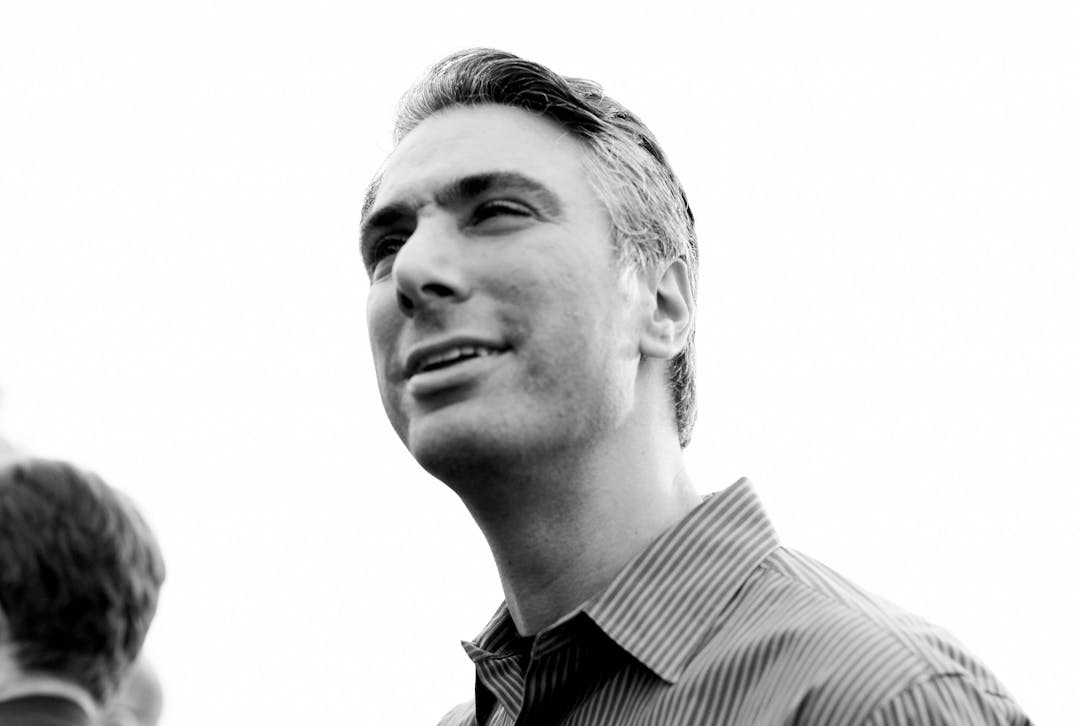From feeling to knowing with Antonio Damasio
It would be interesting to think what would happen if [A.I. had] a little bit of vulnerability, if something about them would be soft and cuddly and they could add something equivalent to a feeling, which is some kind of register of how the body has changed as a result of some set of needs that that body would have.
Intro
In this episode of the Decision Corner, Brooke speaks with Antonio Damasio – David Dornsife Chair in Neuroscience at the University of Southern California and author of Feeling and Knowing: Making Minds Conscious.
Some of the topics discussed include:
- Why feelings are integral to our understanding of consciousness.
- The evolutionary origins of our nervous systems and eventually, our ability to have and regulate our feelings.
- How feelings have been overlooked in scientific explanations of consciousness, and why a paradigm shift is important.
- Challenges and opportunities around AI – how can we make robots have feelings?
- The importance of understanding the unique way human consciousness developed, and what it can teach us about our future selves, as well as our technological developments.





